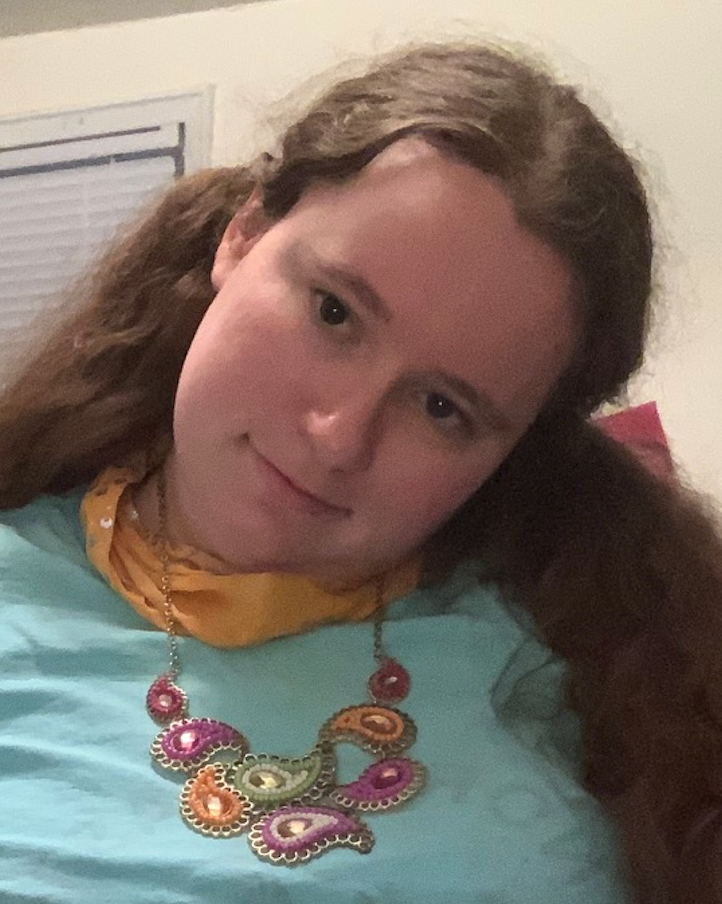
Inclusion in College For Those With Unique Needs
By Jennifer Huggins
Why Inclusion Is Essential In College
There is a myriad of ways in which people can feel excluded. But the neurodivergent most often feel excluded when there is a lack of inclusion with their neurotypical peers. People with developmental disabilities seem to be unable to be included in the best way, if at all. I am not saying that there shouldn’t be programs only for special needs people when, in fact, I belong to many of these programs. I’m simply suggesting that even if it is in a segregated setting, everyone should have the same opportunities to become the best versions of themselves that they can be.
One setting in which these support programs are lacking is in colleges. Surely, some colleges are serving those who have a learning disability, have mental health issues, ADHD, or something along those lines, however, there is a deficiency in opportunities for those with intellectual disabilities. This assertion begs the question, how can college benefit those with intellectual disabilities? Well, college can start by providing quality opportunities for their students to make friends from all walks of life. We should all learn that everyone is important, everyone matters and that you don’t have to be the same as everyone else to be given the same opportunities. Colleges need to improve on these areas, hyper-focusing on the neurodivergent.
Ways In Which Colleges Can Be More Inclusive
Colleges could assist neurodivergent students in making them feel as though there are tasks that they can master by putting in the work. It should be also expected that one can go forward and have a career by using Thor added as a special talent. Neurodiverse students deserve to feel like they have a say in the choices in their lives and to have a chance to find out who they truly are. Allowing one to progress while helping society to develop, as well. To be able to leave one’s comfort zone, while spending the balance of the day doing what do you need to do to work. Learning that people like us deserve to be treated with just as much respect as everybody else.
An IEP is a document that is written up based on students’ needs and carefully tailored in a way to level the playing field. The IEP stands for an Individualized Education Plan. It doesn’t only stand for accommodations but also focuses on modifications or ways of teaching that can help every student who has a disability within the thirteen established categories.I don’t exactly understand the way that my teachers taught us in my specialized school district. However, I do know that it was specialized teaching with teachers who were trained to understand our unique needs. I have also benefited a lot from the tests given to me both orally and through a computerized way. My grandmother and teachers have always been able to advocate for me when I found things very difficult to articulate for myself, such as for accommodations that may not be accessible in colleges at this point.
Why Traditional College Options Are Not Always Effective For The Neurodiverse
There are many reasons why traditional college options do not work for me. Having difficulties with executive brain functioning and some areas of self-care regulating can be a huge barrier. Also, having to advocate for myself for the special accommodations that do exist would be very challenging. If there are issues, I would have to stand on my own two feet and mostly do it alone. Finally, when the teaching methods would not be individualized enough for me, I may fall through the cracks because of not being able to get the special attention I usually receive. Mentors may try and help, but it’s not always enough support.
How We Can Help
So, the question becomes, how can people help? We can start by making accommodations that are fair to people with intellectual disabilities. For example, when individuals turn up on the playing field, we need a unique field, like the Special Olympics, for accommodation purposes. This program should be designed where everything is individualized, and the Special Olympics athletes work with someone on their own level. People need to learn how they can contribute to society in their own way. In some ways, day programs can help. However, these programs should be studied to ensure that discrimination and unfair treatment will not be permitted. Such treatment would deprive people with intellectual disabilities of a true college experience, as well as deny needed options for everyone, despite the severity of one’s issues. As I mentioned previously, step one to keeping everything individualized is with tutoring, a leap of sorts. There is one school program doing this called College Steps. There needs to be another program that follows in their footsteps, expanding in the communities of our towns, cities, and states. I’m not sure if this program is particularly supportive of those with intellectual disabilities, but they do have great ideas. It’s a start.
We need something that is truly equivalent to a college diploma by which the person can get a job in their field of interest. It is possible that such studies for their level exist but may be much higher than was previously expected. If these studies can be fully included, perhaps because our community has truly earned it in our own way, why shouldn’t they be? If there is one thing that most programs are missing, it is a way to live in dorms that ensures neurodiverse students the full college experience without having to be neurotypical and without the expectations of being fully independent. For some people, it can be a harsh reality that you may not be fully independent. I feel confident that the exceptions for those affected are going to be a huge barrier to having the true college experience. The most important thing to do is to try and have new experiences which can motivate you to do better and to know that you need to try your hardest in everything you do. It’s also about recognizing your strengths and weaknesses while learning to work with them. Your weaknesses do not need to be conquered to succeed. Inclusion is the key to education.

I am a young 21-year-old woman with unique needs — including autism and intellectual disability — who is trying to learn everything I can to become an advocate. I have a passion for understanding neurodiversity and inclusion within our communities and believe that every voice matters!




